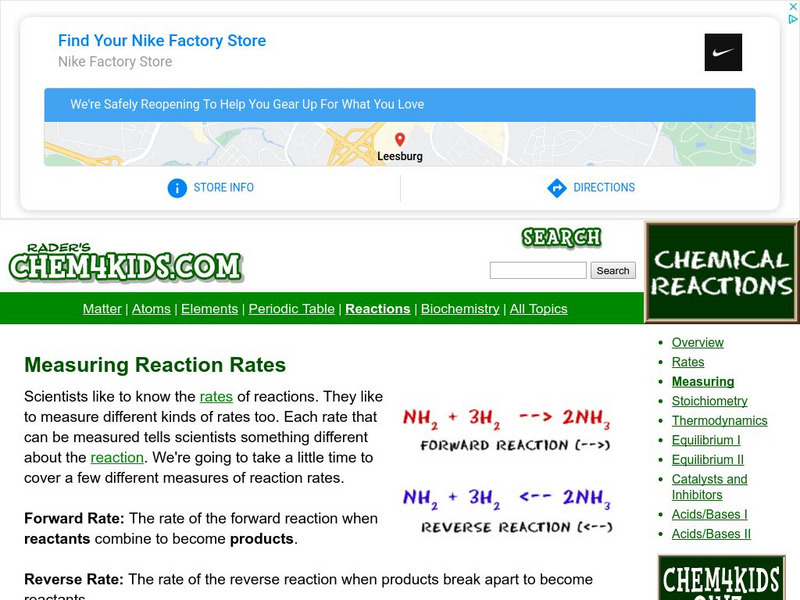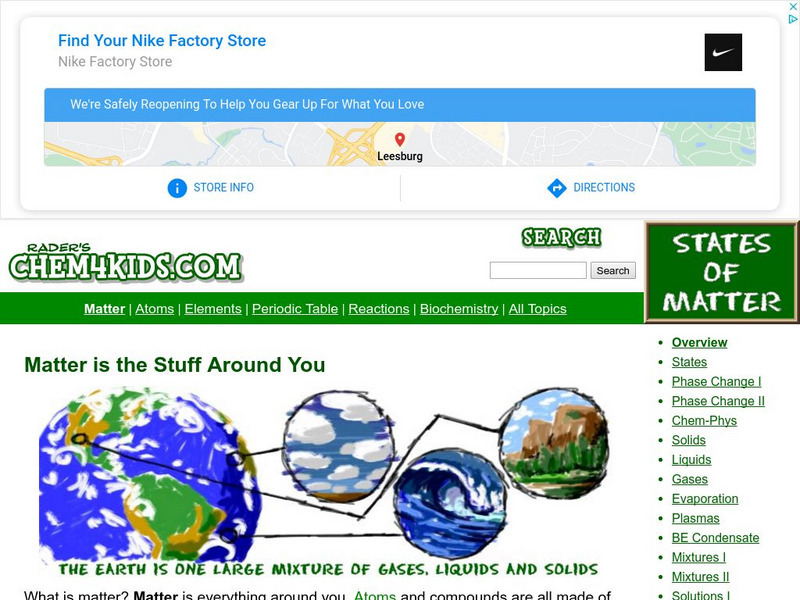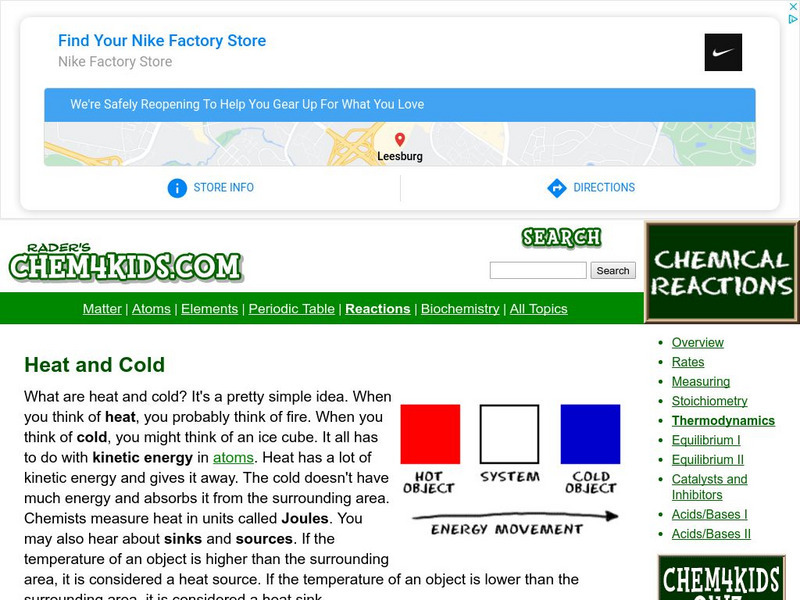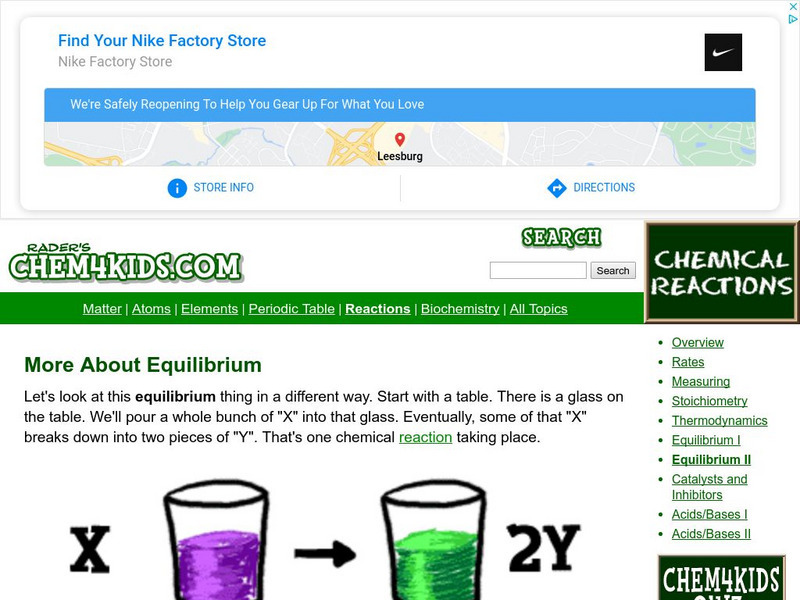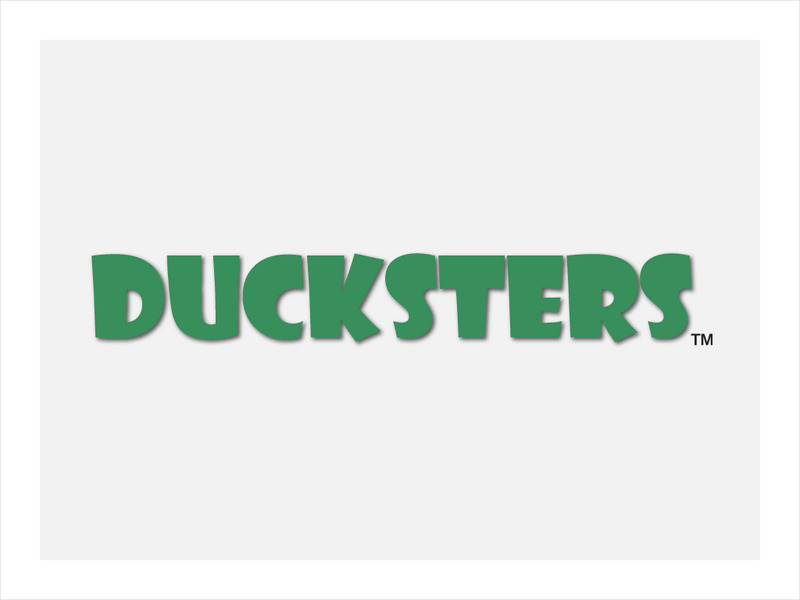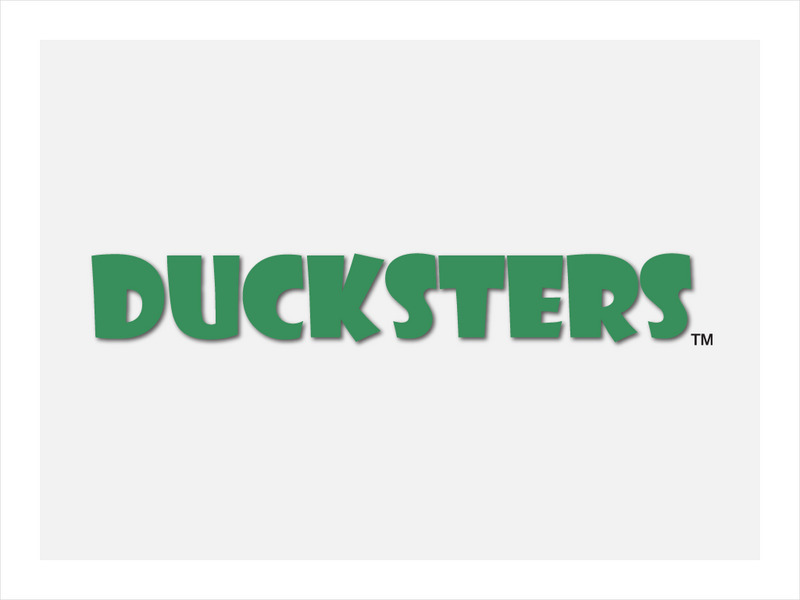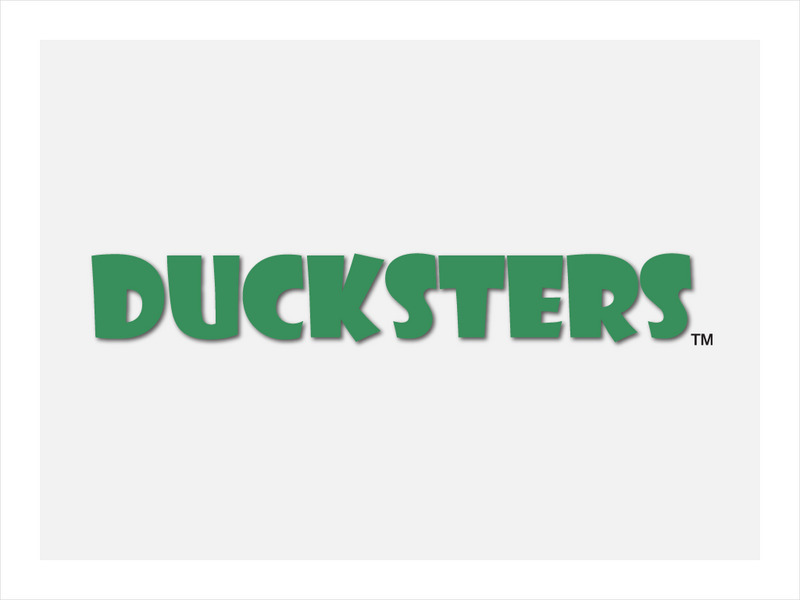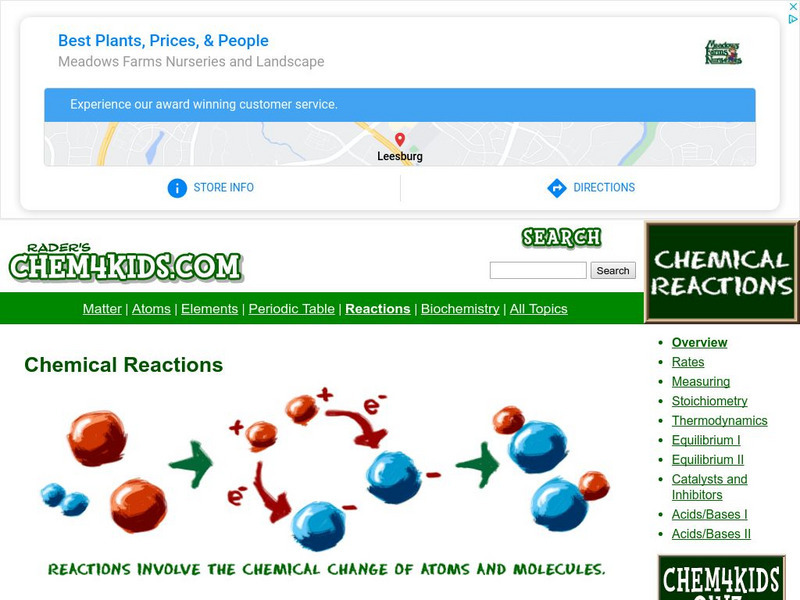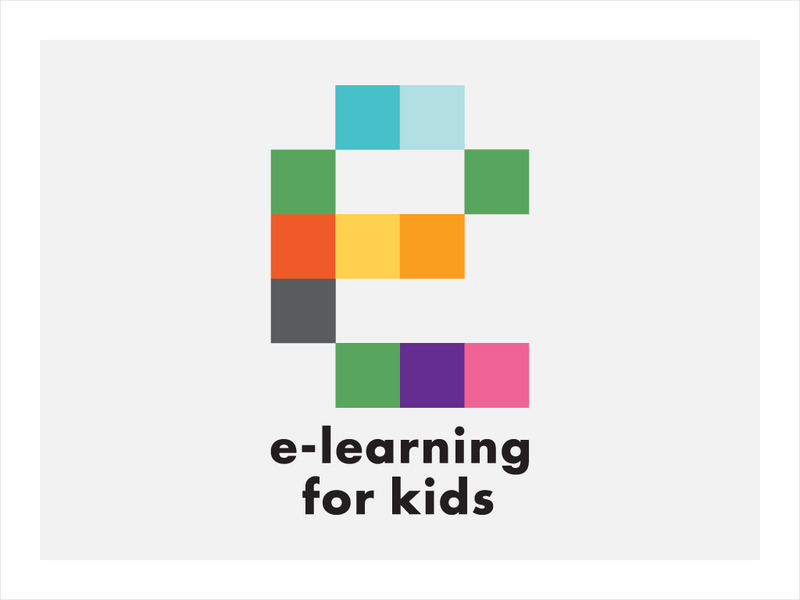Curated OER
Kids Health: Rashes: The Itchy Truth
Whether it is caused by a certain type of soap or chemical, or a certain plant, rashes aren't any fun. Read more about certain types of rashes, what to expect when you have a rash, and how to avoid getting them.
American Chemical Society
American Chemical Society: Hompage
ChemCenter, available from the American Chemical Society, provides chemistry news, reference sources and other public services.
PBS
Now With Bill Moyers: Kids and Chemicals: Facts and Laws
Investigate synthetic chemicals that may be found in one's environment, and consider how toxic synthetic chemicals may affect people differently. Reflect on alternatives to toxic home-use products, and evaluate the risks and benefits.
Ducksters
Ducksters: Chemistry for Kids: Naming Chemical Compounds
Learn about naming chemical compounds in chemistry including conventions, the order of the elements, metals, non-metals, acids, and examples on naming on this site.
National Institutes of Health
Niehs: Kids' Pages: What's Wrong Whiskers?
Online children's story that teaches about the health effects of exposure to environmental hazards such as chemicals. Click on "next" at the bottom of the story to see why Whiskers, the family cat, becomes ill from all the chemicals used...
Chem4kids
Chem4 Kids: Measuring Reaction Rates
There are a variety of rates scientists measure when studying chemical reactions. This resource highlights five rates often measured.
American Chemical Society
American Chemical Society: Science for Kids: Chemical and Physical Change
Engaging hands-on science lessons for grades 2-6 on chemical and physical changes.
Chem4kids
Chem4 Kids: Matter
"Matter is everything." So begins this comprehensive website on the physical and chemical properties of matter in its four main states: solids, liquids, gases, and plasmas. The text is large and easy-to-read. Students will enjoy the...
Chem4kids
Chem4 Kids: Symbols in Chemical Equations
Chem4Kids! provides an overview of the symbols representing numerical values in chemical equations. Each symbol is defined and described.
Chem4kids
Chem4 Kids: Thermochemistry
This site provides a general overview of thermochemistry, the division of chemistry that deals with temperature in chemical reactions. Content explores what heat and cold really are, the heat and energy around you, and a bit about Lord...
National Institutes of Health
Niehs: Kids Pages: Crabby Kathy
Online children's story that teaches about the health effects of exposure to environmental hazards. Click on "next" at the bottom of the story to see why Kathy becomes "crabby" from all the chemicals and contaminants in her room.
Chem4kids
Chem4 Kids: Chemical vs. Physical Changes
Identify chemical and physical changes and the differences between the two.
Chem4kids
Chem4 Kids: More About Equilibrium
Equilibrium in chemistry is two reactants combining together and then coming apart to their two parts. Review this resource featuring a way to approach chemical equilibrium.
Ducksters
Ducksters: Chemistry for Kids: Chemical Reactions
A site discussing chemical reactions in chemistry including reaction rate, types of reactions, reagents, reactants, catalysts, and inhibitors.
Ducksters
Ducksters: Kids Science: Elements
Kid's learn about the science of chemical elements. Basic forms of matter made from a single type of atom.
Ducksters
Ducksters: Physics for Kids: Energy
Kids learn about the science behind Energy including its different forms such as chemical, electrical, heat, and gravitational. When is energy considered renewable or nonrenewable?
Chem4kids
Chem4 Kids: Reactions
This site provides a detailed overview of chemical reactions. Content explores what a reaction is, as well as different types of reactions, reaction rates, how to measure compounds to create a reaction, and "stuff" you can add to a...
E-learning for Kids
E Learning for Kids: Science: Greek Theater: What Are Reversible and Irreversible Changes?
Join Leander in his chemistry lesson, and learn about the change of different types of substances.
E-learning for Kids
E Learning for Kids: Science: Mediterranean Sea: What Are Reversible and Irreversible Changes?
Students will learn about reversible and irreversible changes in materials in this lesson.
Chem4kids
Chem4 Kids: Periodic Table and the Elements
Students can use this resource to interact with the periodic table. Information is available for each element. This is a good source of information for younger students.
American Chemical Society
American Chemical Society: Science for Kids: Solids, Liquids and Gases
Engaging hands on science lessons for grades 2-6 on the three states of matter.
American Chemical Society
American Chemical Society: Science for Kids: Characteristics of Materials
Engaging hands-on science lessons for grades 2-6 on the properties of different materials.
Chem4kids
Chem4 Kids: Metals in the Periodic Table
This site provides a general overview of the metals in the periodic table. Content explores the different types of metals, and how you can identify a metal.
Ducksters
Ducksters: Chemistry for Kids: Chemical Mixtures
Explore all about chemical mixtures on this site including solutions, alloys, suspensions, colloids, dissolving, examples, and facts.







